On Thursday, the Yemeni Cabinet convened an extraordinary meeting chaired by Prime Minister Dr. Ahmed Awad bin Mubarak. During this meeting, the Cabinet approved the government’s economic plan addressing urgent priorities and its accompanying executive framework.
Addressing Economic Challenges
The Cabinet, meeting via video conference and joined by the Governor of the Central Bank of Yemen, emphasized the importance of incorporating feedback from council members. This approach aims to ensure a proactive government response to pressing economic challenges. The council acknowledged the catastrophic humanitarian consequences caused by the Iran-backed Houthi militia. It praised the efforts of the ministerial committee, led by the Minister of Finance, for preparing the plan. This plan aligns with the Prime Minister’s five priority pathways, the economic and financial reform program signed with the Arab Monetary Fund, and other government initiatives addressing the urgent economic and service situation.
Formation of a High Supervisory Committee
The Cabinet established a high supervisory committee chaired by the Prime Minister. This committee includes the Governor of the Central Bank and ministers from various sectors, including finance, civil service, planning, transportation, electricity, industry, local administration, oil, and minerals, along with representatives from the Cabinet’s General Secretariat and the Prime Minister’s office.
Monitoring and Evaluation Responsibilities
The newly formed committee will oversee the implementation of the government’s urgent priorities and monitor progress. It will review reports from the technical committee to assess the advancement of the executive framework. Additionally, the committee will identify challenges encountered during the plan’s execution and propose suitable solutions while mobilizing necessary support and funding.
Reporting Progress to Leadership
The Cabinet tasked the head of the supervisory committee with providing progress reports on the government’s implementation plan to the Presidential Leadership Council. These reports will detail the challenges faced and suggest potential remedies.
Establishing a Technical Committee
Furthermore, the Cabinet approved the formation of a technical committee comprising key stakeholders. This committee will develop appropriate mechanisms and models for executing the plans outlined in the executive framework. It will also report to the supervisory committee on the implementation status and any obstacles encountered.
Strategic Quarterly Planning
The Cabinet directed relevant entities to prepare a quarterly action plan. This plan will outline policies, procedures, and verification indicators, arranged according to priorities.
Comprehensive Discussion on Government Role
The Cabinet engaged in extensive discussions about necessary measures to strengthen the government’s role amid exceptional challenges. It focused on reordering priorities based on urgent needs and available resources. The discussions highlighted the importance of coordinated efforts to tackle interlinked challenges, emphasizing development, restoring state institutions, and ending the Iran-backed Houthi coup. The Cabinet also considered regional and international developments and how to address them.
Commitment to Economic Recovery
The Cabinet reaffirmed the government’s commitment to implementing the Presidential Leadership Council’s directives. This includes accelerating measures to address the economic situation, mitigating the destructive impacts of Houthi militia actions on the national economy, and removing barriers to humanitarian work.
Focus on Revenue and Accountability
Additionally, the Cabinet stressed the importance of increasing revenue, enhancing state access to sovereign resources, combating corruption, and promoting transparency and accountability. It also emphasized the need for monitoring service and essential goods prices.
This strategic approach aims to revitalize Yemen’s economy and improve the living conditions of its citizens amid ongoing challenges.
To follow the news in Arabic
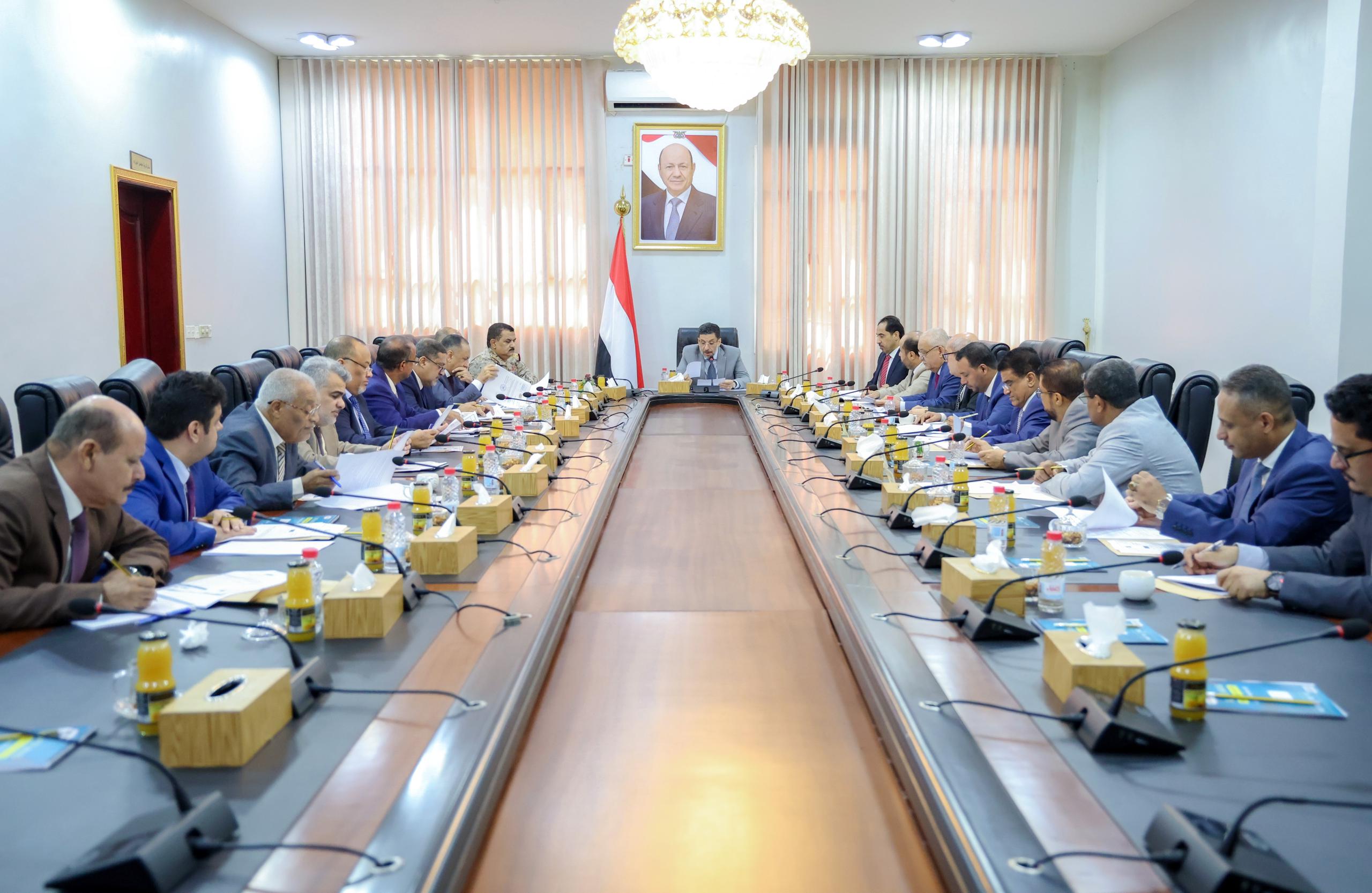
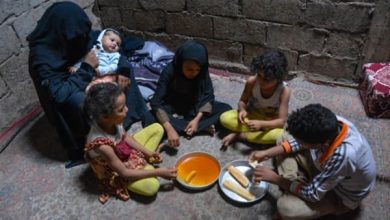 An international network predicts that the food insecurity crisis will persist until May of next year.
An international network predicts that the food insecurity crisis will persist until May of next year.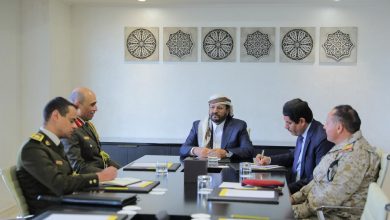 Council member Major General Sultan Al-Aradah discusses enhancing military and security cooperation with the Egyptian military attaché.
Council member Major General Sultan Al-Aradah discusses enhancing military and security cooperation with the Egyptian military attaché.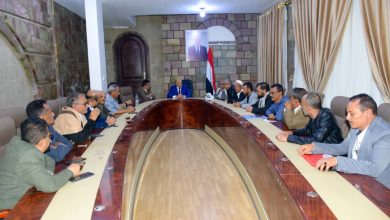 The Taiz governor meets with political party leaders to discuss recent developments in the province.
The Taiz governor meets with political party leaders to discuss recent developments in the province.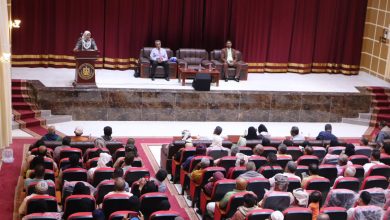 The Ministry of Justice launches an awareness campaign in Aden on mixed marriages.
The Ministry of Justice launches an awareness campaign in Aden on mixed marriages.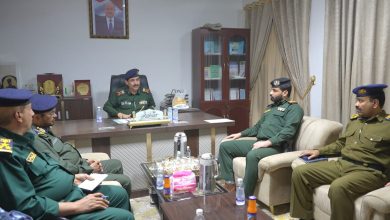 The Interior Minister inspects operations at the Valley and Desert Police Department in Hadramaut.
The Interior Minister inspects operations at the Valley and Desert Police Department in Hadramaut. Council member Tariq Saleh meets with the President of the Supreme Judicial Council.
Council member Tariq Saleh meets with the President of the Supreme Judicial Council.